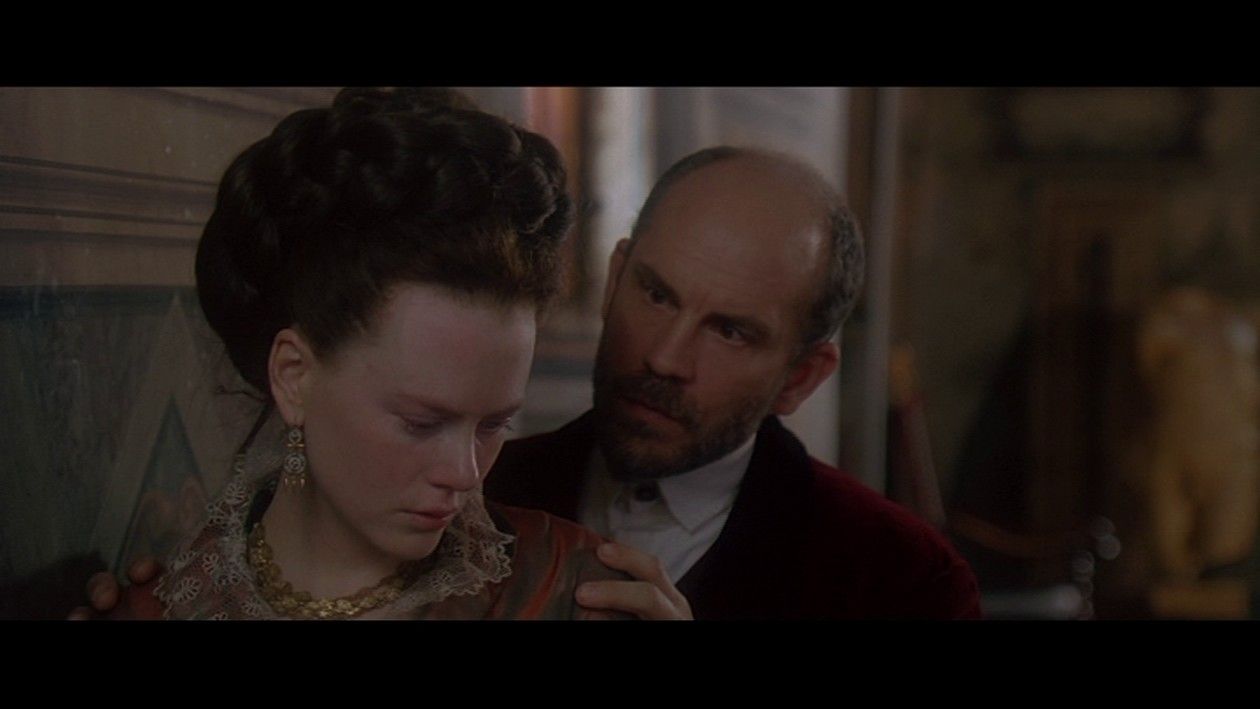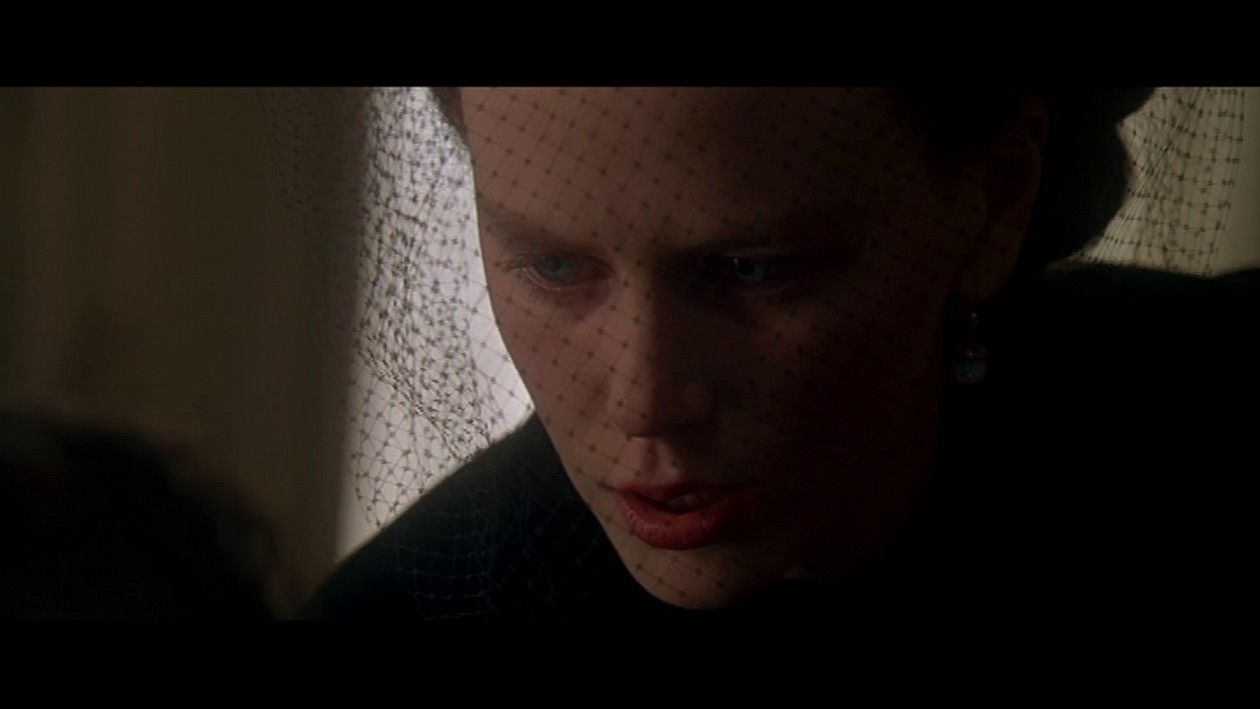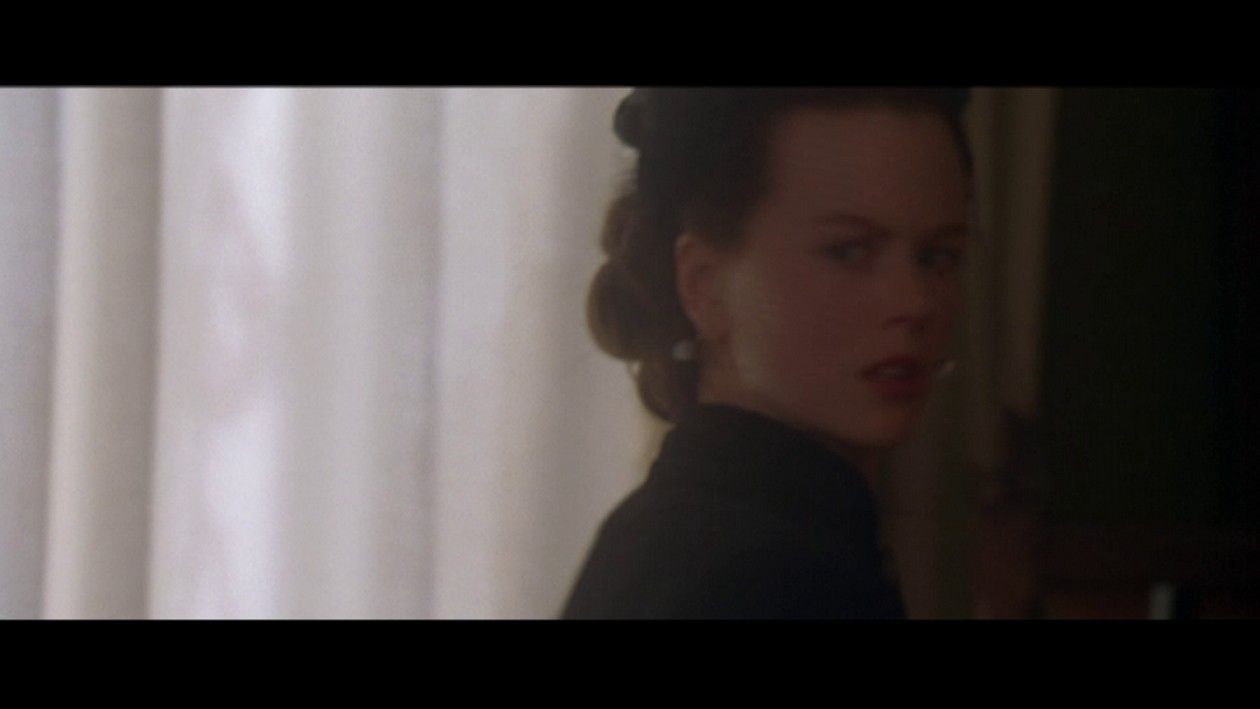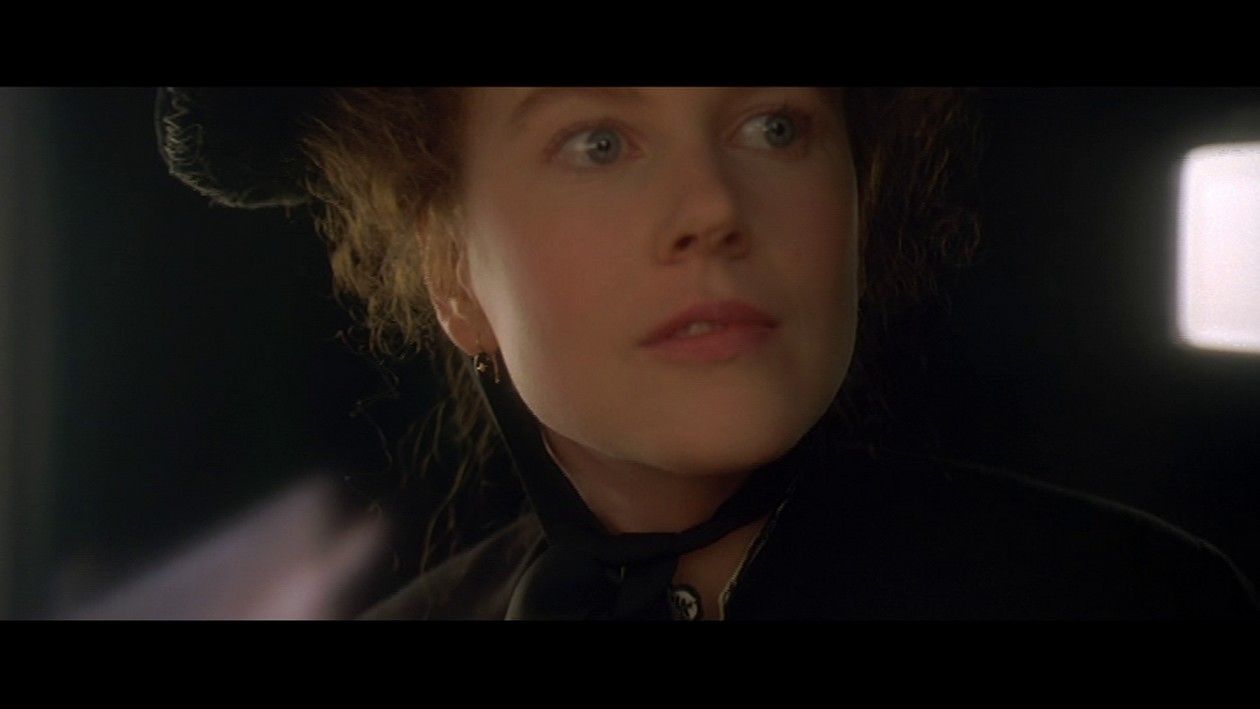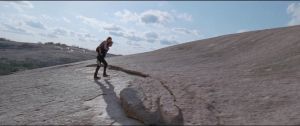Nicole Kidman (Isabel Archer) - John Malkovich (Gilbert Osmond) | The Portrait of a Lady | Jane Campion, 1996
***
(...)
“the screenplay writer’s work is first to de-plot it and then re-plot it into a different medium... so as to make the public understand and feel how we both did.”
(...)
"what Isabel wants is to be initiated: even if it means being attracted to darkness."
(...)
"Even though Laura agreed there was “something voyeuristic about Ralph,” Jane insisted on his essential benevolence: he is “not an evil character.” His bad health and fear of rejection are the causes of the tragedy: he is the one who is really in love with Isabel, but he never dares to tell her".
(...)
"Jane was very sensitive to the fact that Ralph’s consumption and hopeless love for Isabel reminded us of James’s love for his consumptive cousin, Minny Temple, as if making Ralph die of the same illness enabled him, years later, to experience what Minny may have felt, which shows the extent of James’s love for her."
(...)
"Jane also felt that “Isabel is attracted and seduced by the powers of darkness,” even if she thinks all she hankers after is knowledge. One of the quotations from James they used as a clue was Isabel’s “idea of happiness”:
“A swift carriage of a dark night, rattling with four horses over roads that one can’t see — that’s my idea of happiness.”"
(...)
"According to Jane, the key to the film and to the novel lies in Isabel’s psychology rather than in purely technical feats. She considers Alfred Habegger’s study as one of the best keys to Isabel, especially when he writes:
“Freedom and fatherlessness have split the heroine into two disconnected halves — a partly factitious determination to be her own master, and a dark fascination with images of dominance and submission.”
Jane is primarily interested in Isabel’s development, in the way she reacts to her surroundings, the way she endeavours to free herself from the education she has received, by choosing the only man whom no one among her intimates approves of, much as a teenager would do; the way she is deluded by her illusions about freedom, and how she mistakes lack of constraints for freedom... Osmond is clever in that he never ever tells her “I want to marry you;” he just says, as though it did not matter, in his detached way, “I find I am absolutely in love with you...” He leaves it in her hands, and of course she rushes back to him and marries him! And Isabel is extremely consistent, she will very bravely stick to her choices and bear out their consequences: this is, also, for Ralph’s sake, not to let him know that she’s unhappy, that his hopes were misplaced."
(...)
"Perhaps, here, Arnold Kettle’s sentence was something they used, something influential:
“The Portrait of a Lady is one of the most profound expressions in literature of the illusion that freedom is an abstract quality inherent in the individual soul.”"
(...)
"What Jane felt was important, and must be respected, was the fact that James had left his heroine in the air. With that kind of ending he contradicts and opposes the Victorian novel with its neat denouement, Jane noted."
(...)
***
***
“A swift carriage of a dark night, rattling with four horses over roads that one can’t see — that’s my idea of happiness.”
Cf David Lynch : "Une route, c'est une avancée vers l'inconnu, c'est ce qui me passionne. C'est aussi la définition du cinéma - les lumières s'éteignent, le rideau s'ouvre, et on est parti, sans savoir où on va. Mulholland Drive, c'est une route mystérieuse, pleine de virages. Elle est vraiment sombre la nuit, et reste inchangée depuis des années."
*
Cf Georges Bernanos :
« Au fond, pense Philippe, leur nature m’embête. Je n’ai jamais aimé que les routes. La route, elle, sait ce qu’elle veut. Non pas demain : aujourd’hui. Aujourd’hui même. »
– Aujourd’hui… répète-t-il en hâtant le pas, comme enivré. Aujourd’hui même ! La belle route ! La chère route ! Vertigineuse amie, promesse immense ! L’homme qui l’a faite de ses mains pouce à pouce, fouillée jusqu’au cœur, jusqu’à son cœur de pierre, puis enfin polie, caressée, ne la reconnaît plus, croit en elle. La grande chance, la chance suprême, la chance unique de sa vie est là, sous ses yeux, sous ses pas, brèche fabuleuse, déroulement sans fin, miracle de solitude et d’évasion, arche sublime lancée vers l’azur. Il l’a faite, il s’est donné à lui-même ce jouet magnifique et sitôt qu’il a foulé la piste couleur d’ambre, il oublie que son propre calcul en a tracé d’avance l’itinéraire inflexible. Au premier pas sur le sol magique arraché par son art à l’accablante, à la hideuse fertilité de la terre, nu et stérile, bombé comme une armure, le plus abandonné reprend patience et courage, rêve qu’il est peut-être une autre issue que la mort à son âme misérable… Qui n’a pas vu la route à l’aube, entre ses deux rangées d’arbres, toute fraîche, toute vivante, ne sait pas ce que c’est que l’espérance.
– Aujourd’hui, répète encore Philippe, aujourd’hui même… « Pourquoi pas demain ? demain, il serait trop tard. L’occasion perdue ne se retrouvera pas. À vingt-quatre heures près, se dit-il avec ivresse, on perd sa vie. »
Georges Bernanos, Monsieur Ouine
***

